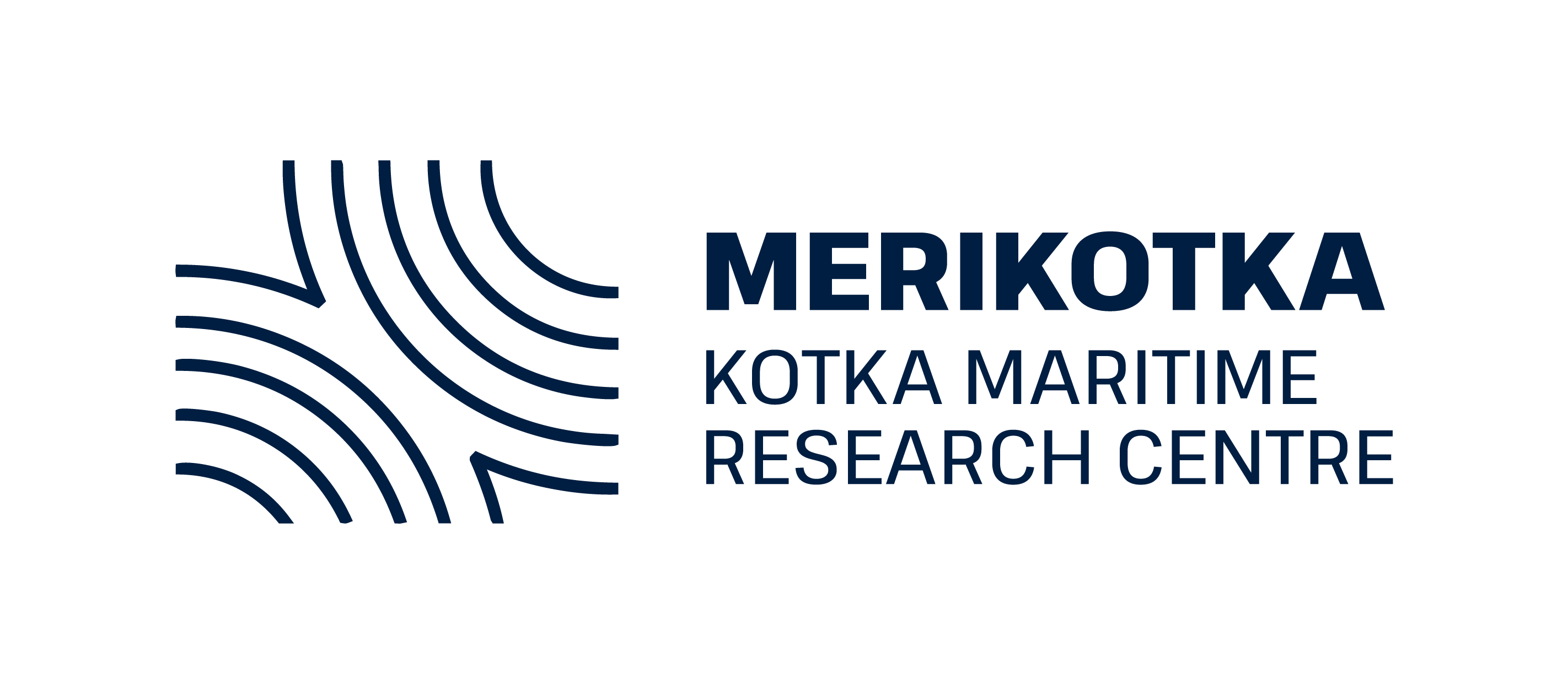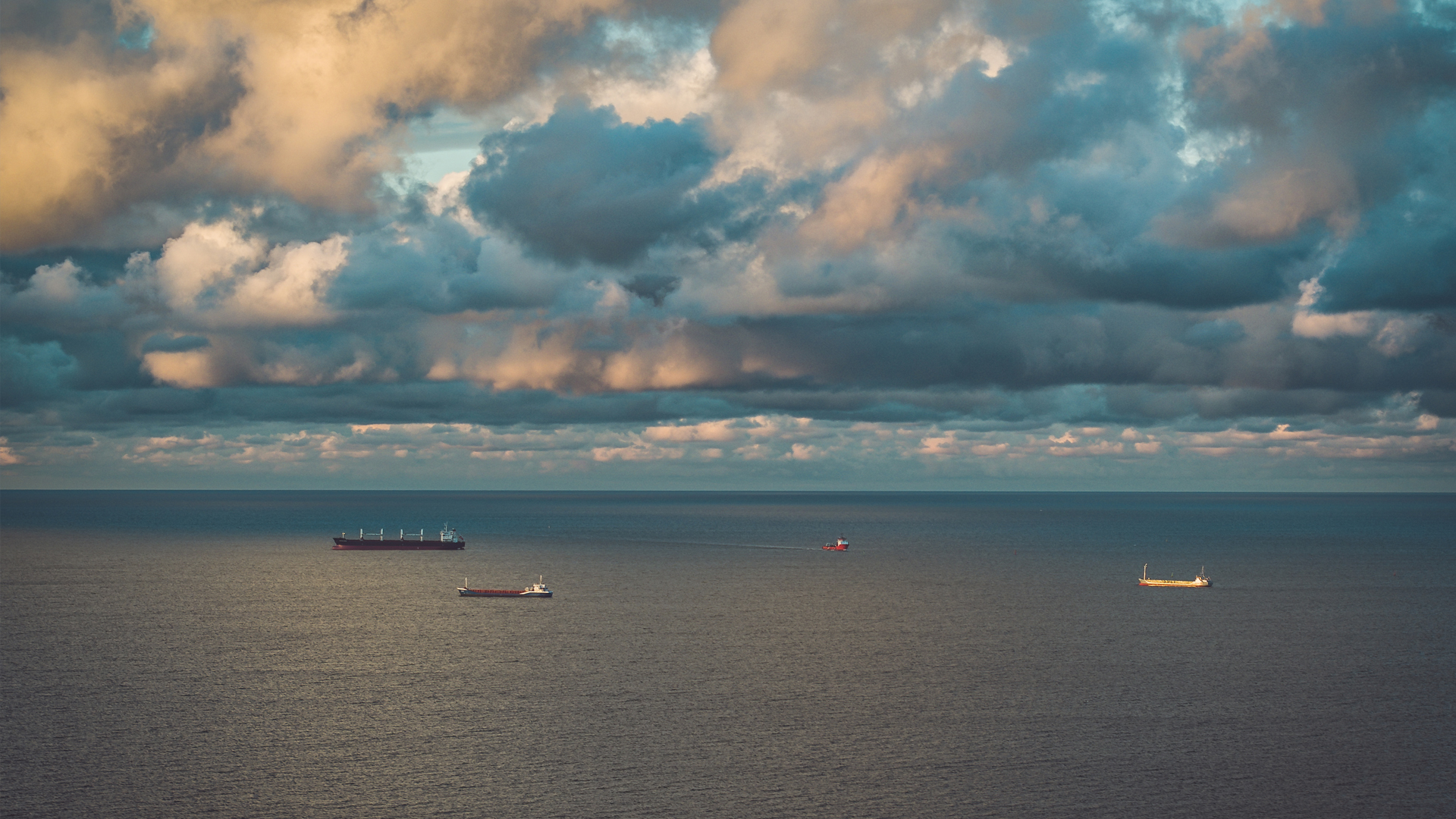What does the sustainable and resilient use of the Baltic Sea’s maritime routes look like, and how can it be promoted under prevailing conditions? These are the questions addressed by WATERWAYS, a Strategic Research Council project launched in December 2024. The project aims to balance risks and opportunities while developing sustainable future pathways through collaboration between a multidisciplinary research team and key stakeholders. Experts in information technology, marine engineering, environmental science, and maritime law from Finland’s leading universities and research institutions contribute to the project. The goal is to provide new perspectives, knowledge, and tools that support the sustainable use of maritime routes, benefiting both society and the scientific community.
Maritime routes amid change
The Baltic Sea is a vital transport corridor for Finland, supporting national well-being, security of supply, and sustainable development goals. However, intense shipping traffic is also a key contributor to the deterioration of the sea’s ecological state.
The global use of marine areas is increasing for transport, energy production, food production, tourism, and recreation. At the same time, awareness of the vulnerability of marine ecosystems is growing, leading to demands for greater protection and restoration of marine areas. This creates competition for maritime space among various industries and environmental conservation needs.
In the Baltic Sea, several current trends and challenges stand out. Geopolitical tensions impact the safety of maritime routes, and sanctions against Russia have altered traffic patterns, giving rise to a “shadow fleet” of high-risk vessels. Climate change is destabilizing the Baltic Sea’s ecosystems, necessitating effective conservation and restoration measures. Simultaneously, changing weather conditions challenge the operation and planning of maritime transport.
The green transition aimed at mitigating climate change introduces new fuels and offshore wind power, but also new types of emissions and risks that require careful evaluation and management. As oil transport declines, attention shifts to the effects and safety of alternative fuel transportation.
Balancing the risks and opportunities associated with maritime routes in the Baltic Sea within an ever-evolving operational environment is a demanding task. It is therefore timely to consider what sustainable and resilient use and development of maritime routes entails under these conditions, what it requires, and how it can be supported.
WATERWAYS: Maritime routes as a source of well-being, security, and safety
The WATERWAYS project, funded by the Strategic Research Council and launched in December 2024, focuses on promoting the sustainable use and development of the Baltic Sea’s maritime routes. Its goal is to enhance the positive contributions of these routes to well-being and security while reducing environmental pressures. By examining ecological, social, technological, and legal dimensions, the project will provide new tools and recommendations to support strategic planning and decision-making.
The project idea emerged in autumn 2023 when Professors Mashrura Musharraf (Aalto University), Sakari Kuikka (University of Helsinki), Osiris Valdez Banda (Aalto University), and Research Director Annukka Lehikoinen of Merikotka gathered to explore collaborative opportunities under the new research program theme Water for Welfare, Security and Peace (WaWe). The team soon expanded to include Dr. Jukka-Pekka Jalkanen, an expert in emission modeling at the Finnish Meteorological Institute, and Professor Henrik Ringbom, an expert in maritime law from Åbo Akademi University.
The research ideas were refined in dialogue with ministries and agencies, deepening the team’s understanding of the challenges and knowledge needs related to the Baltic Sea maritime transport sector. WATERWAYS aims to find solutions for managing the risks and environmental impacts of maritime activities while strengthening their positive societal impacts.
The project will achieve its goals through the following approaches:
- Enhanced monitoring: Improving the capacity to track and analyze both legal and illegal activities in marine areas.
- Environmental pressure assessment: Developing the ability to evaluate the impacts of shipping and recreational boating.
- Facilitating coexistence: Designing solutions to align and balance various maritime activities.
- Advancing preparedness: Strengthening readiness to prevent and manage marine spills and environmental damage caused by them.
Stakeholder interaction: co-creating sustainable solutions
Kotka Maritime Research Association (Merikotka ry) plays a central role in coordinating societal interaction within the WATERWAYS project. Strategic Research Council projects emphasize stakeholder engagement and the active role of researchers in societal dialogue.
Key stakeholders are encouraged to participate in the project in various roles, including as information providers, co-developers, evaluators, test users, and commentators. Interaction methods range from regular meetings and email communication to in-depth research-based interviews, surveys, workshops, and events. These activities bring together the project consortium, stakeholders, and external experts to build shared understanding and solutions.
The primary goals of interaction are twofold. First, to ensure that the knowledge produced by the project is relevant, timely, and easily usable for stakeholders. Second, to create opportunities for co-production of knowledge, joint interpretation of research findings, and the design of sustainable future solutions.
WATERWAYS project preparations are progressing. The project’s website will be launched, and an advisory expert group comprising stakeholder representatives will be established in early 2025. A kick-off seminar in spring 2025 will bring together researchers and stakeholders to discuss and build collaboration that informs both the research and interaction activities of the project.
Updates on WATERWAYS news and outcomes will be actively shared on Merikotka’s LinkedIn channel thus now is a great time to join its growing follower base!
Text: Annukka Lehikoinen



